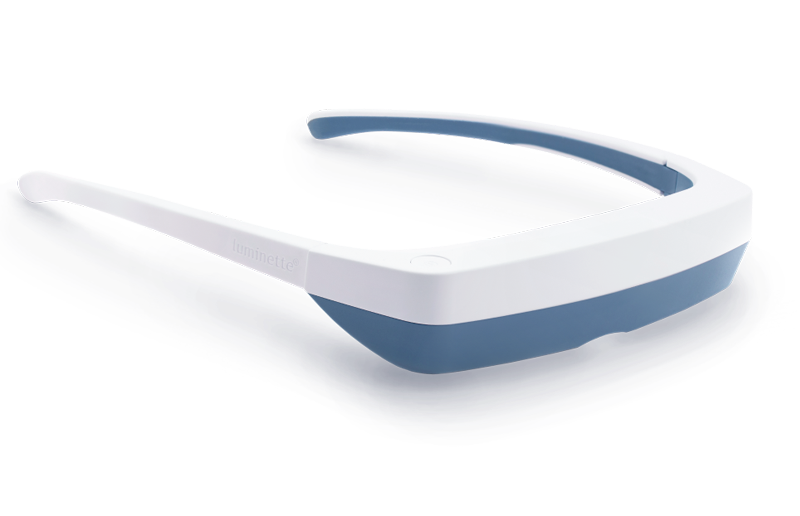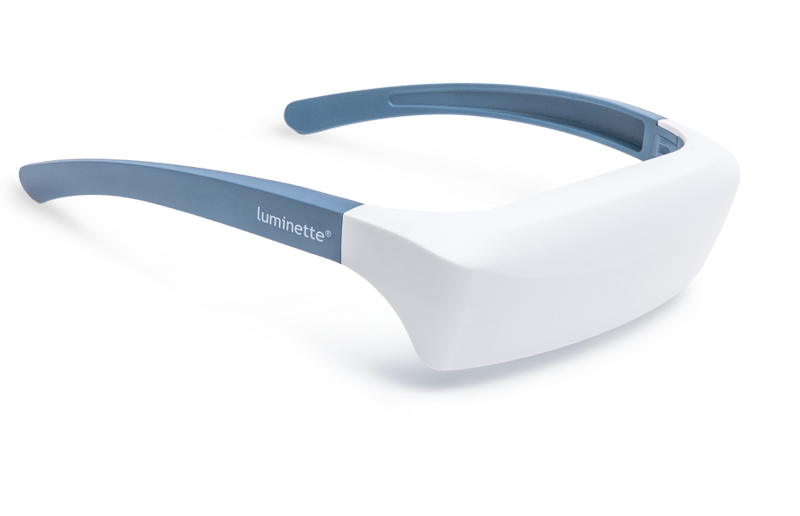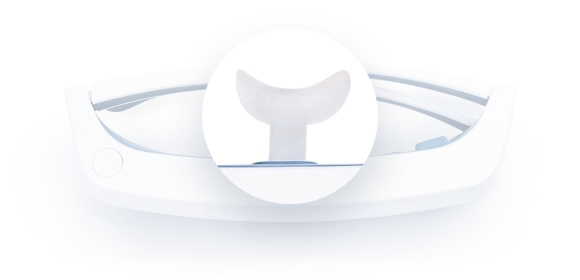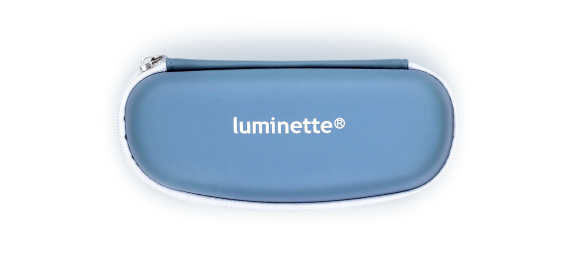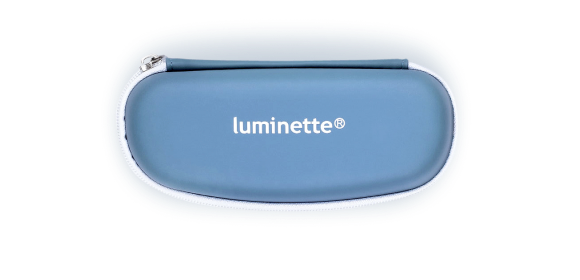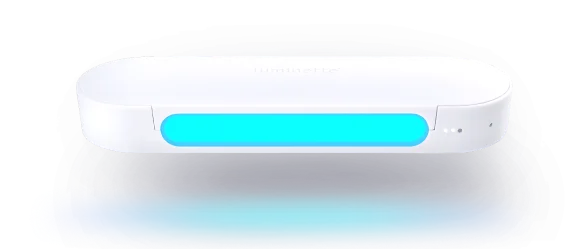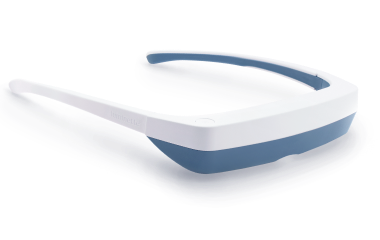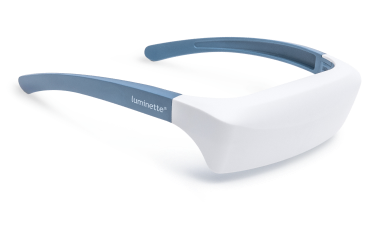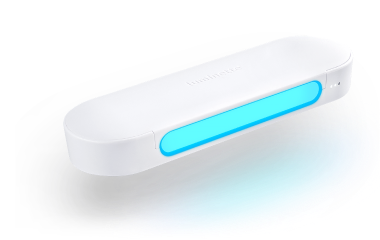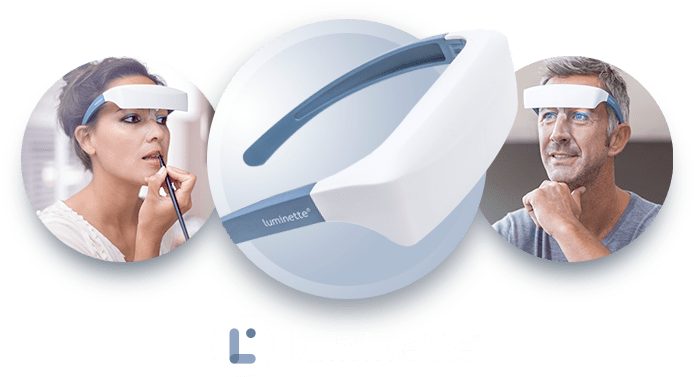Whether you're a night owl or an early bird, there's one thing that unites us all—a fascinating internal clock that ticks away, guiding our physical, mental, and behavioral changes over a 24-hour cycle. This internal clock, known as our circadian rhythm, affects everything from our sleep patterns to how we feel throughout the day. But how does it work, and why is it so important? In this blog post, we'll explore the concept of circadian rhythms, how they impact our health and provide insights and practical tips for maintaining a healthy rhythm in our busy lives.
What Are Circadian Rhythms?
Circadian rhythms are natural processes that repeat roughly every 24 hours. They are found in most living organisms, including humans, animals, and plants. These rhythms are driven by our internal biological clock and are crucial for regulating various bodily functions, such as sleep, feeding, hormone production, and body temperature. Understanding these rhythms can help us align our daily activities with our natural cycles, promoting better health and well-being.

The Biology of Circadian Rhythms
At the heart of circadian rhythms lies the concept of an internal clock. This clock is a complex network of genes and proteins that interact to generate a rhythmic pattern. This pattern influences various physiological processes, such as when we feel sleepy or alert, when our body temperature rises and falls, and when different hormones are released. It's a finely tuned system that ensures our body functions optimally throughout the day and night.
The Role of the Suprachiasmatic Nucleus (SCN)
The suprachiasmatic nucleus (SCN) is a small group of neurons located in the brain's hypothalamus. It acts as the master clock, coordinating all the body's circadian rhythms. The SCN receives direct signals from the eyes, allowing it to adjust our internal clock based on external light conditions. This synchronization with the natural light-dark cycle ensures that our body's rhythms align with the environment, promoting a harmonious balance between our internal and external worlds.
The two types of circadian rhythms:
- Physiological rhythms: These encompass patterns such as the wake-sleep cycle, body temperature fluctuations throughout the day, and other bodily functions that follow a daily cycle. These rhythms help us feel alert and rested and are influenced by external factors like light and temperature.
- Biological rhythms: These involve the production and regulation of various hormones, including melatonin, cortisol, and growth hormones. Melatonin is often known as the "sleep hormone" and helps regulate our sleep cycle, while cortisol is crucial for stress response and energy balance. Growth hormones play a key role in tissue growth and repair.
These different rhythms are all synchronized together and are controlled by our biological clock, which is located in the suprachiasmatic nucleus. This nucleus is housed within the hypothalamus, an area of our brain responsible for many critical functions. By maintaining a regular schedule and being exposed to natural light, we can help keep these rhythms in harmony, promoting overall health and well-being.
The Impact of Circadian Rhythms on Human Health
Circadian rhythms play a vital role in maintaining our overall health and well-being. When these rhythms are disrupted, it can lead to various health issues, affecting our physical, mental, and emotional states. Understanding the impact of circadian rhythms on different aspects of health can help us make informed choices to support our body's natural cycles.
Sleep and Wake Cycles
Circadian rhythms are perhaps best known for their role in regulating sleep-wake cycles. They dictate when we feel sleepy and when we feel alert, influencing the quality and duration of our sleep. When our circadian rhythms are in sync with our sleep schedule, we experience restful and restorative sleep. However, disruptions to these rhythms, such as staying up late or working irregular hours, can lead to sleep disorders and fatigue, impacting our overall health and productivity.
Luminette 3 light therapy glasses are innovative eyeglasses designed to allow you to enjoy a light therapy session while engaging in your regular activities. Unlike traditional therapy lamps, Luminette 3 eyeglasses feature an artificial light source that directs a safe light beam into your eyes without causing any dazzling effect or obstructing your clear vision.
To use them, simply wear the eyeglasses and press a button to activate the light, and your phototherapy session begins. These glasses are user-friendly and compatible with those who wear prescription glasses or contact lenses, ensuring no disruption to vision or comfort.
Mental Health
The influence of circadian rhythms extends beyond sleep, playing a significant role in our mental health as well. Disruptions to these rhythms have been linked to mood disorders such as depression and anxiety. An irregular sleep-wake cycle can affect the production of neurotransmitters and hormones that regulate mood and emotions, leading to imbalances that contribute to mental health challenges. By maintaining a consistent sleep schedule and aligning daily activities with our natural rhythms, we can support better mental health and emotional well-being.
Physical Health
Circadian rhythms also impact various aspects of our physical health. They regulate key physiological processes such as metabolism, immune function, and cardiovascular health. Disruptions to these rhythms have been associated with an increased risk of chronic conditions like obesity, diabetes, and heart disease. By nurturing a healthy circadian rhythm, we can optimize our body's functions, improve energy levels, and reduce the risk of developing chronic health issues.
Disrupting Circadian Rhythms
In our modern world, numerous factors can disrupt circadian rhythms, leading to a misalignment between our internal clock and external environment. Understanding these factors can help us identify potential disruptions and take steps to minimize their impact on our health and well-being.
Shift Work and Jet Lag
Shift work and frequent travel across time zones are common scenarios that disrupt circadian rhythms. Shift workers often experience irregular sleep patterns due to working during the night and sleeping during the day, leading to circadian misalignment. Jet lag, on the other hand, occurs when our internal clock is out of sync with the new time zone, causing fatigue and sleep disturbances. Strategies such as gradually adjusting sleep schedules and exposing ourselves to natural light at the right times can help mitigate these disruptions.
Light Therapy Lamp Drive is an innovative light therapy lamp designed for busy individuals, allowing you to conveniently conduct your phototherapy session while on the road. This device is ingeniously crafted to attach seamlessly to the sun visor of your vehicle. With a simple flip of a switch, it provides an effective light therapy session as you drive to your destination.
For those who find themselves spending at least 20 minutes behind the wheel each day, Drive is a perfect companion, offering a unique solution to integrate wellness into your daily routine. This is especially advantageous for individuals who embark on long night drives, as it helps to counteract the effects of darkness and fatigue.
Artificial Light Exposure
The widespread use of artificial lighting and electronic devices has significantly impacted our circadian rhythms. Exposure to artificial light, especially blue light emitted by screens, can interfere with the production of melatonin, a hormone that regulates sleep. This disruption can lead to difficulties falling asleep and maintaining a consistent sleep-wake cycle. To minimize the impact of artificial light, it's important to limit screen time before bed and create a relaxing bedtime routine that promotes restful sleep.
Irregular Sleep Schedules
Many of us lead busy lives, juggling work, social commitments, and personal responsibilities. This often results in irregular sleep schedules, where we stay up late or wake up early, disrupting our natural circadian rhythms. Establishing a consistent sleep routine, prioritizing sleep hygiene, and creating a sleep-friendly environment can help promote healthy circadian rhythms and improve sleep quality.
Discover what role light plays on the body
with Roland Pec - sleep specialist and chrono-therapist
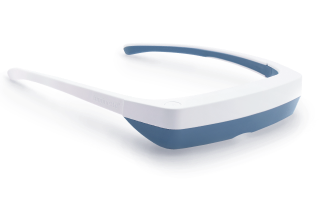
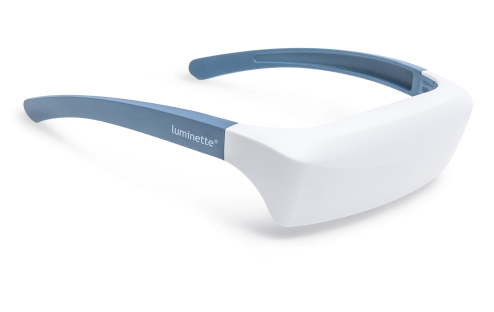
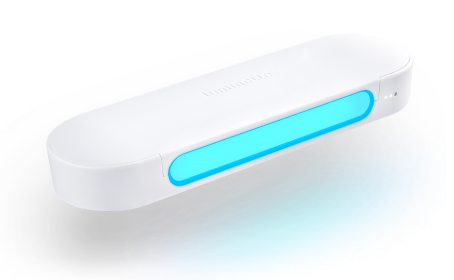
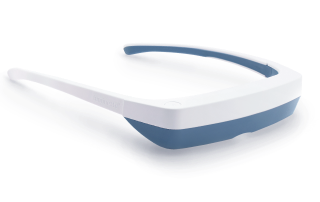
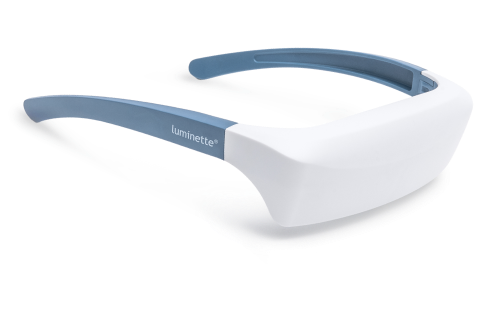
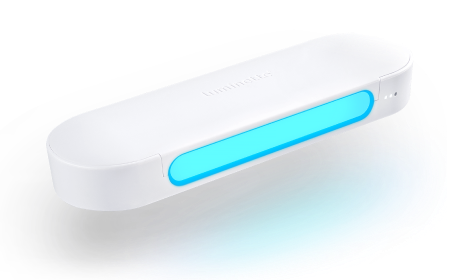
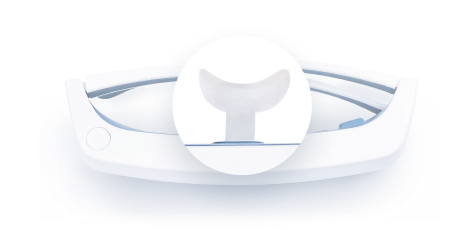
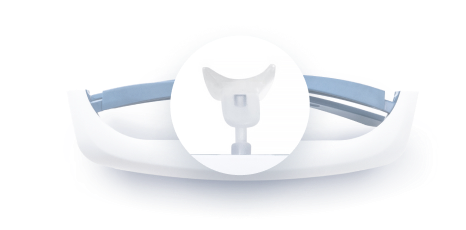
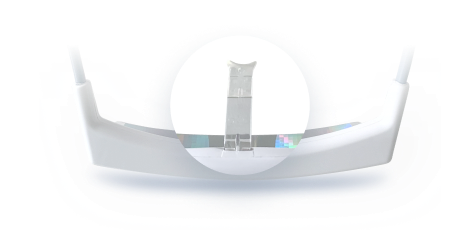
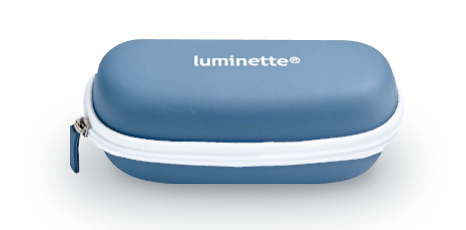
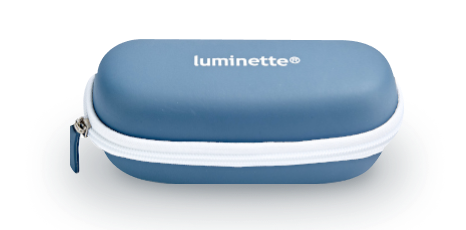





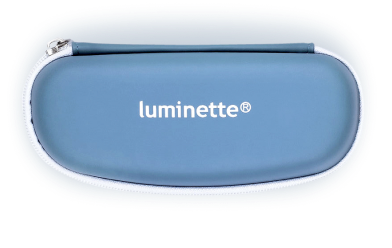
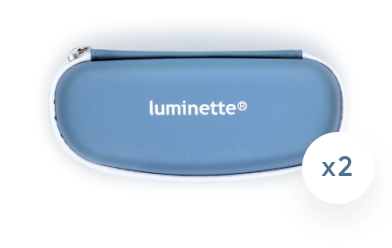
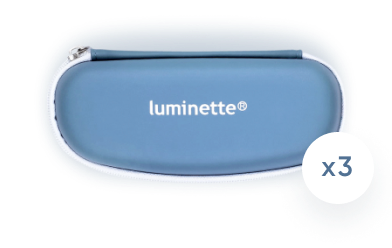
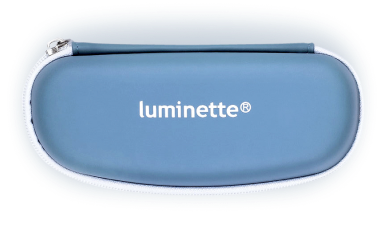
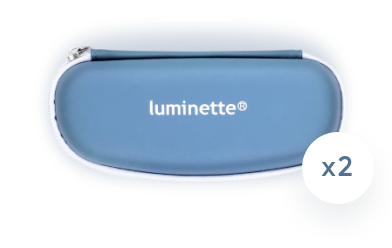
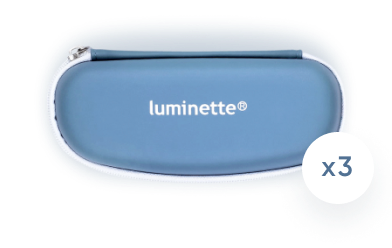
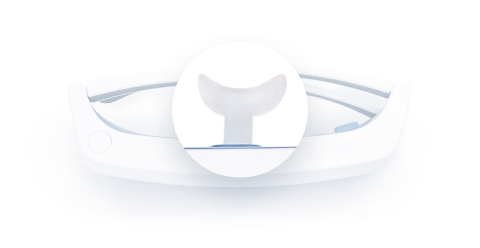
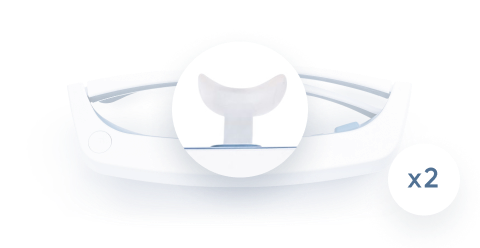
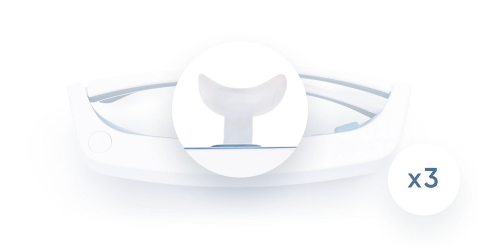
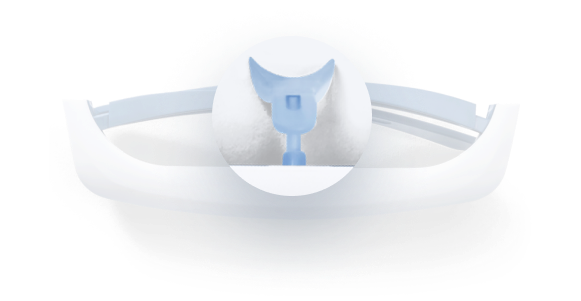
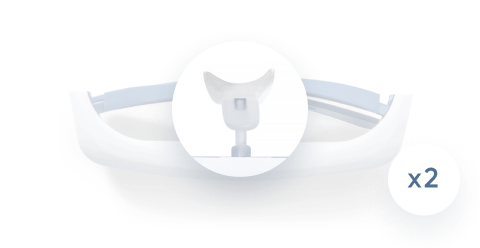
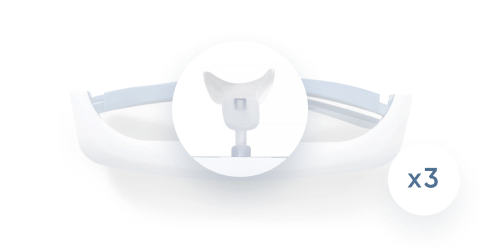
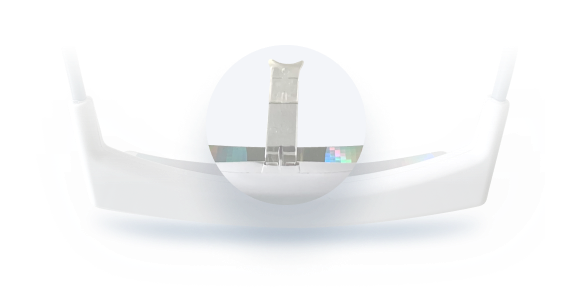
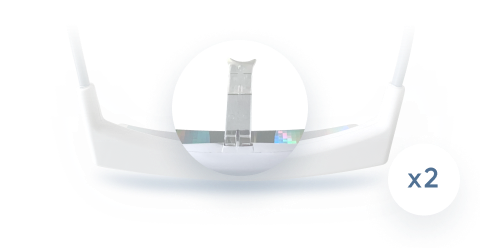
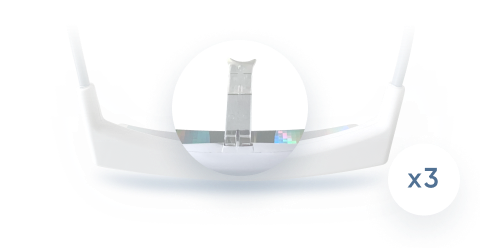
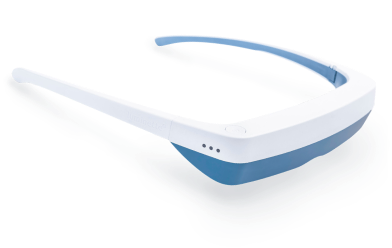
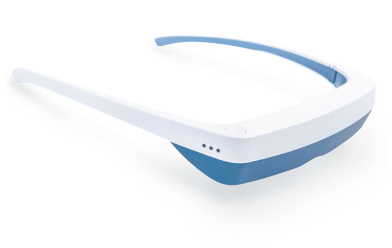
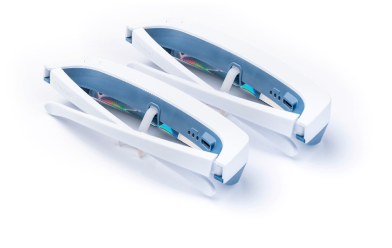
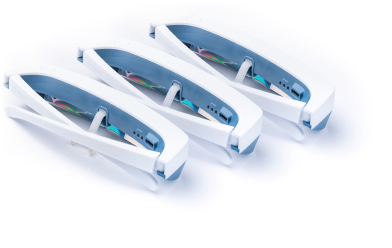

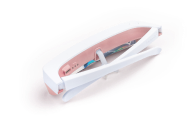

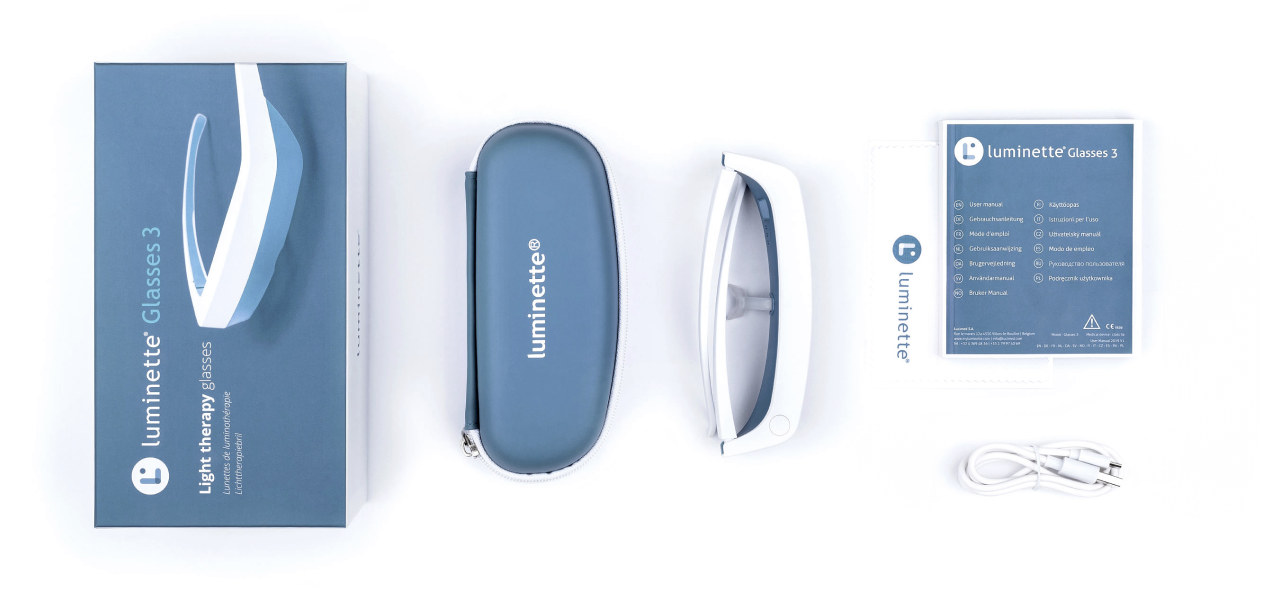
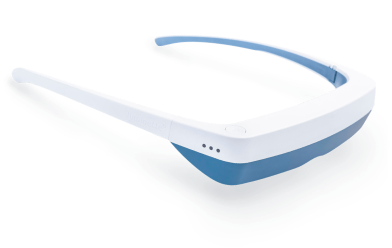
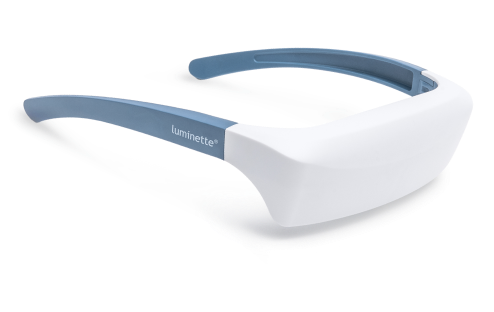
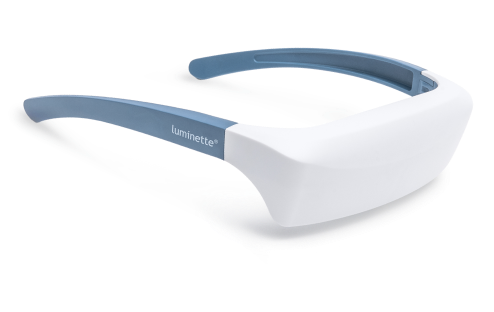
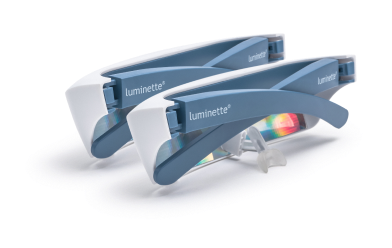

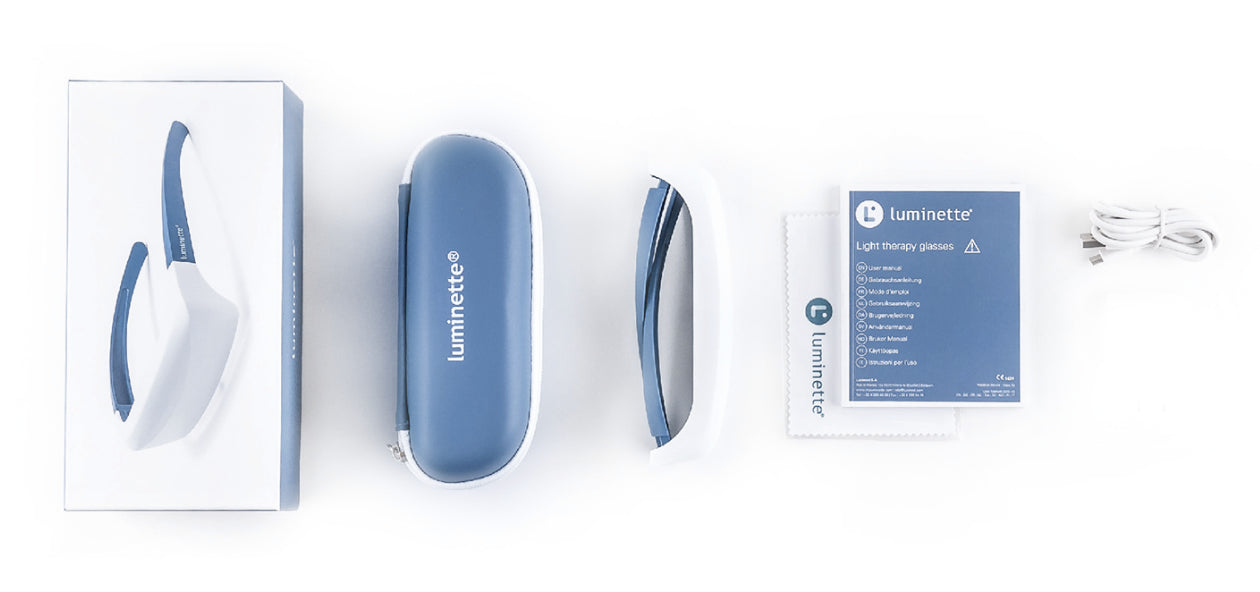
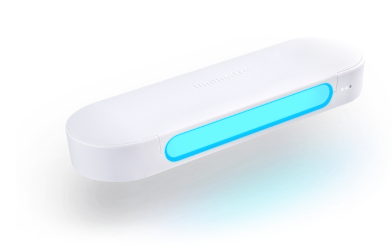
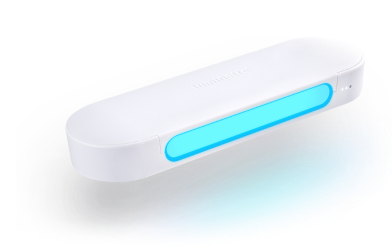
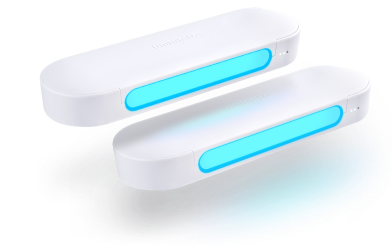
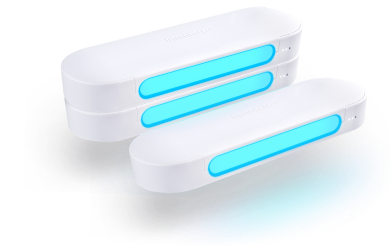
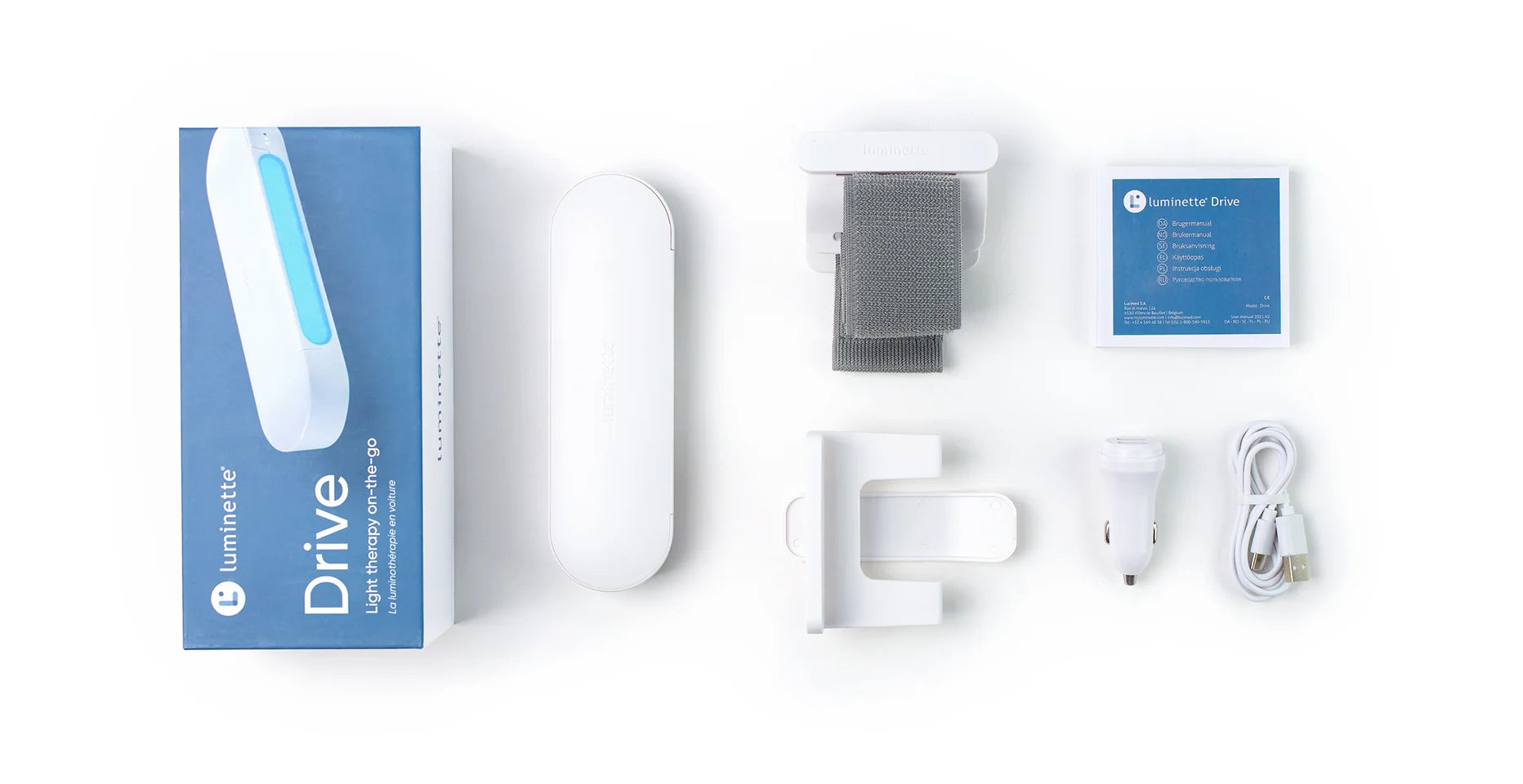

 Please note
Please note



